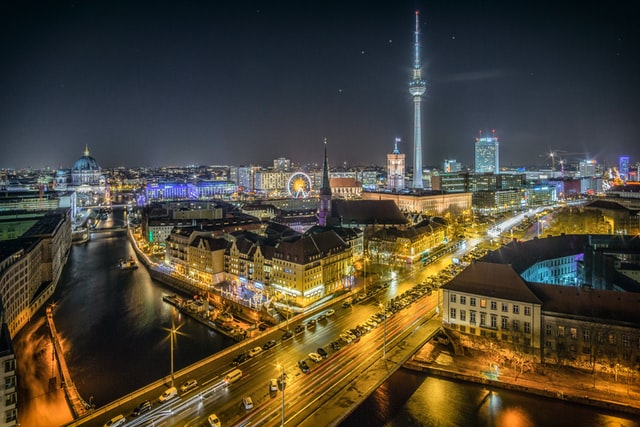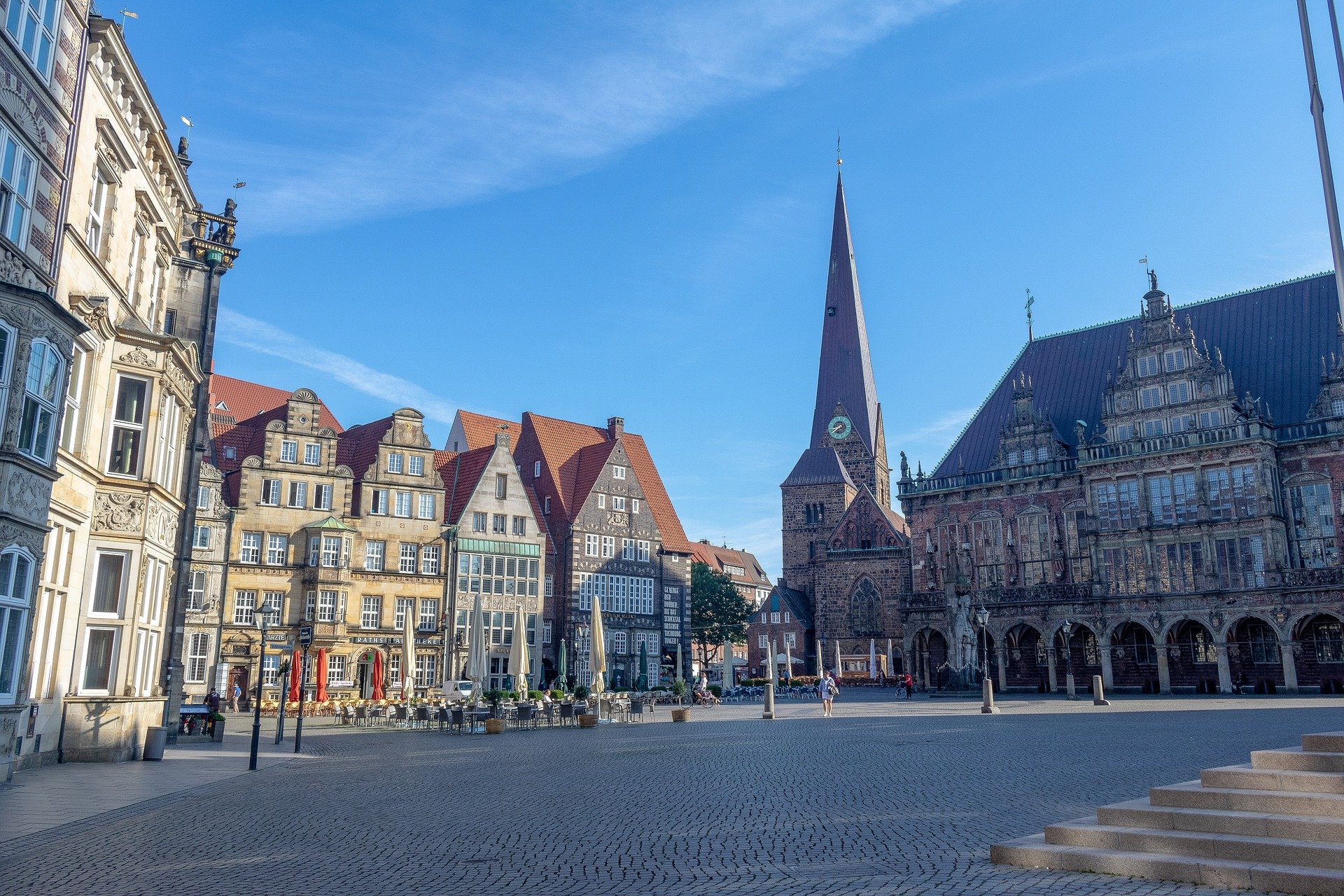Pre-tax wages in Berlin are among the finest in Europe, and the city is recognized as one of Europe’s top startup hubs. For those contemplating a move to Berlin for job purposes shortly, this information will help you make an informed decision.
Advantages of a local lifestyle
Berlin has the best quality of life compared to other European IT centers like London, Dublin, and Paris. Additionally, you’ll have the second-highest buying power among European capital cities, behind Bern in Switzerland.
Your free time is full of options: Berlin’s various museums are renowned across the globe for their cultural significance. Socializing is made easy by the abundance of distinctive cafés and lively nightclubs that can be found just about everywhere.
It’s a good idea to brush up on your German since roughly three-quarters of Berliners are fluent in English, making moving about a lot simpler. It will take some time to get used to living in a new nation. The following are a few suggestions for easing your transition to Berlin:
Many businesses in the city still prefer to accept payment in cash rather than credit or debit card. Keep a few Euros in your wallet just in case you need them.
The city’s infrastructure is ideal for bicyclists. You may want to consider renting or purchasing a car to ease the burden of commuting to work or visiting the sites in the city.
Prepare for any weather by keeping a warm coat and an umbrella on hand. Even in the dry months, Berlin’s climate is chilly and rainy. There is a wide range of temperatures throughout the year, ranging from 0.5°C in January to 20°C in July.
A Currywurst or Döner, Berlin’s national dish, is a must-order when meeting someone first.
Berlin as a Workplace
Among the many types of businesses in Berlin is a mix of tech startups, small and medium-sized enterprises, and large multinationals. As a result, you’ll be able to select a work environment and business culture that will enable you to succeed in your position.
While in-office workdays are still popular in Germany, several local businesses have recently changed their rules to enable their workers to work remotely. For developers, this is very common.
Tech businesses in Berlin’s key industries
More than 900,000 software engineers live in Germany, making it the continent’s biggest developer community. The rapid growth of Berlin’s digital firms provides a wide range of new job possibilities in several fields.
The Berlin IT scene has always placed a high value on e-commerce. As a consequence of COVID-19, brick-and-mortar companies have shifted their focus away from online sales and are now in need of solutions to help them. Many software businesses are now fighting for a slice of the global supermarket and takeout delivery market as a direct consequence of the epidemic.
Germany’s financial system has always been low-tech. The result has been a proliferation of Fintech startups. FinLeap, the world’s first FinTech incubator, was established in Berlin in 2014 and is still going strong today.
There has been an explosion in online learning throughout the globe, which has created the likes of Babbel and other famous applications in Berlin. A high degree of developer support is required for marketing solutions, particularly when they include AdTech, eCommerce, and data analytics all into one platform.
Obtaining a German work permit
In order to make Berlin your new home, you’ll need to apply for a work visa. All non-EU people from the IND-approved countries are entitled to apply for a developer work permit/visa, known as a Blue Card. To work in any EU nation, you must have a Blue Card.
Although your employer must participate in the application process by producing a written employment contract, unlike in many other countries, you may get the visa without the assistance of a sponsor firm. A university degree and a particular gross yearly salary offer are also required for blue card eligibility. A temporary residency permit may be an option if your income falls below the required threshold. Plan ahead of time since the processing period might be three months or more.
Working hours, vacation, and public holidays
The working week in Germany consists of 36 to 40 hours, including a 30-minute to an hour lunch break. The maximum number of hours a person may work in a week is 60. Companies in Berlin and elsewhere in Germany are unlikely to pay extra for working overtime. Time off is generally given as compensation.
Workers in Germany who are employed full-time are entitled to a yearly leave allowance of at least 20 working days. This does not include the 18 federally recognized public holidays throughout the year.
German fiscal considerations
Every month, your company in Germany deducts your tax from your pay stub. Tax rates and percentages in the nation will look like this in 2022:
- Annual earnings of €9 984 or less: 0%
- Annual earnings of €9 985 to €58 596: 14% to 42%** (on a sliding scale)
- Annual earnings range from €58.597 to €277 825: 42%
- Earnings of more than €277 826 per year: 45%
Solidaritätzuschlag, a 5.5% levy tied to overall income and corporate tax amounts, may also be required. This was initially used in 1991 to aid with the reunification of Germany. Individuals who are unmarried and earn less than €61 700 a year will no longer be subject to this rule as of January 2021.
Berlin is home to one of Europe’s most vibrant tech ecosystems. Now that you’ve read this, you’re well-equipped to join in on the action.



